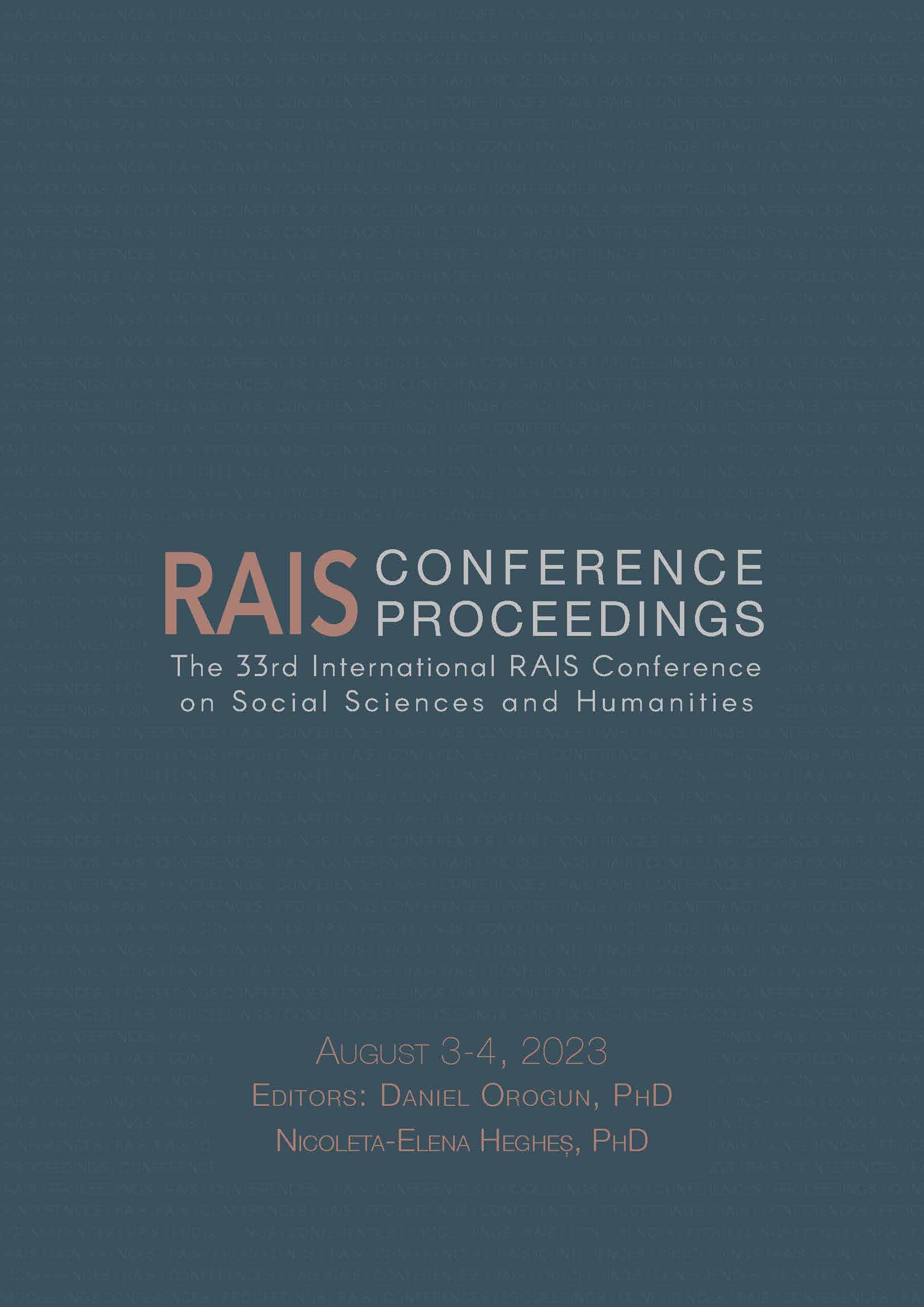Behavioral Economics for All: From Nudging to Leadership
Behavioral Economics for All: From Nudging to Leadership
Author(s): Julia M. Puaschunder
Subject(s): Law on Economics, Socio-Economic Research
Published by: Scientia Moralitas Research Institute
Keywords: Behavioral Economics; Behavioral Finance; Behavioral Insights; Law & Economics; Leadership; Public Policy; Searchplace Discrimination; Winks;
Summary/Abstract: Behavioral economics is an innovative applied science. In the 1950s economic rational choice models came under scrutiny. A theoretical critique emerged that not all human beings strive for efficiency and rationality all the time. Behavioral economics first drew attention to deviations from rationality and discussed the non-applicability of rational choice models for depicting the actual behavior of humans. During the 1970s, Amartya Sen formalized the rational choice critique and published powerful examples of how economics needs a reality check and backtesting of its core axioms of rationality, efficiency and time consistency for actual real-world relevancy and external validity of the standard rational choice claims. By 1979, the two psychologists Daniel Kahneman and Amos Tversky presented a line of laboratory experiments at universities that proved the rational choice theory to be inaccurate to explain the real-world decision-making patterns of individuals. The following behavioral economics revolution rewrote economics for accuracy and predictability for actual human day-to-day choices and behavior. Sociologists, political scientists, psychologists created a line of research to describe how individuals actually decide during the first decade of the 2000s. Behavioral insights were then used to find ways how to ‘nudge’ individuals, communities and leaders to help others make better choices in different domains, for instance such as finance, marketing, health and well-being. Around the world, governmental officials and governance experts adopted behavioral nudges and winks to create better choice architectures and decision-making patterns. This paper describes the history of behavioral economics with attention to North American roots and European interpretations in order to then prospect future trends in behavioral economics. First, given the enormous popularity behavioral economics has enjoyed in the most recent decades, a general knowledge has formed about behavioral nudges. Libertarian paternalism is – by now – limited when it comes to implicitly tricking people into making choices based on well-known insights. A common body of knowledge on behavioral aspects of choice patterns may lead to reactance if people notice manipulation. The general population should therefore be trained to make self-empowered choices that meet their individual principles, needs and wants based on their behavioral expertise. Behavioral economists should move from manipulating nudges to educating trainings of the layperson. Second, the field of behavioral sciences has experienced a deep replication crisis given major data cheating scandals and contemporary fraud allegations. General oversight mechanism between co-authors, backtesting of effects for validity and their general applicability is therefore warranted. he general population should be trained to be critical of behavioral insights presented to them and be encouraged by behavioral economists to feedback on the potential non-applicability of p-hacked results. Third, online searchplace distortion of behavioral economics results has become a sad reality for young behavioral economists in the strategic search engine results manipulation through Search Engine Disoptimization (SEDO). This implicit internet harassment calls for a democratization of information and whole-rounded inclusion of thoughts online. Behavioral economists should raise awareness for this negative competitive behavior and work together with global governance institutions, regulatory bodies but also industry professionals to curb negative internet search engine manipulation and empower the upcoming generation of behavioral economists to speak up when this is happening. Professional bodies should be informed to help those whose career has been hit by competitive internet manipulation. All these trends are speculated to lead to a revamped behavioral economics revolution that demands for behavioral economics for all. The future of behavioral economics is believed to lie in self-empowered leadership, not manipulation. A democratization of behavioral economics information leading to a general knowledge basis on actual behavioral patterns will guide a self-empowered decision-making cadre within the general population. Search for true and credible behavioral insights can lift the entire field to a more helpful stage to become a standing guidepost for wise quality decision-making. The digital millennium calling for fair internet use will hopefully prosper an inclusive and diversified information on behavioral insights to be accessible, useful and meaningful for all.
Book: Proceedings of the 33rd International RAIS Conference on Social Sciences and Humanities
- Page Range: 11-19
- Page Count: 9
- Publication Year: 2023
- Language: English
- Content File-PDF

